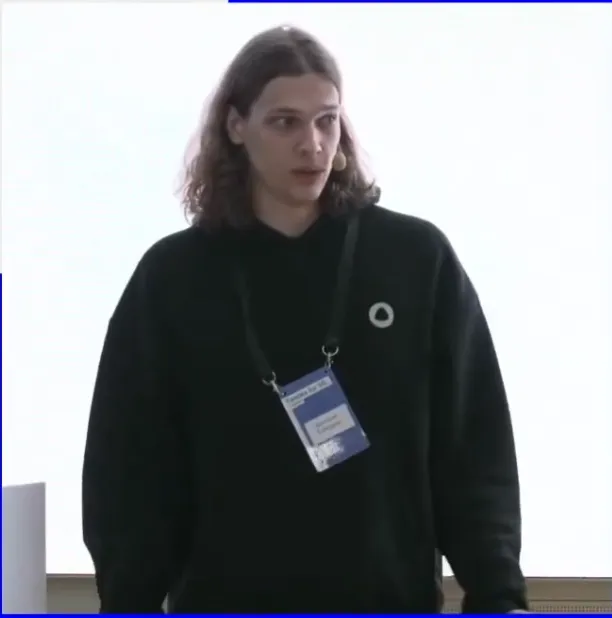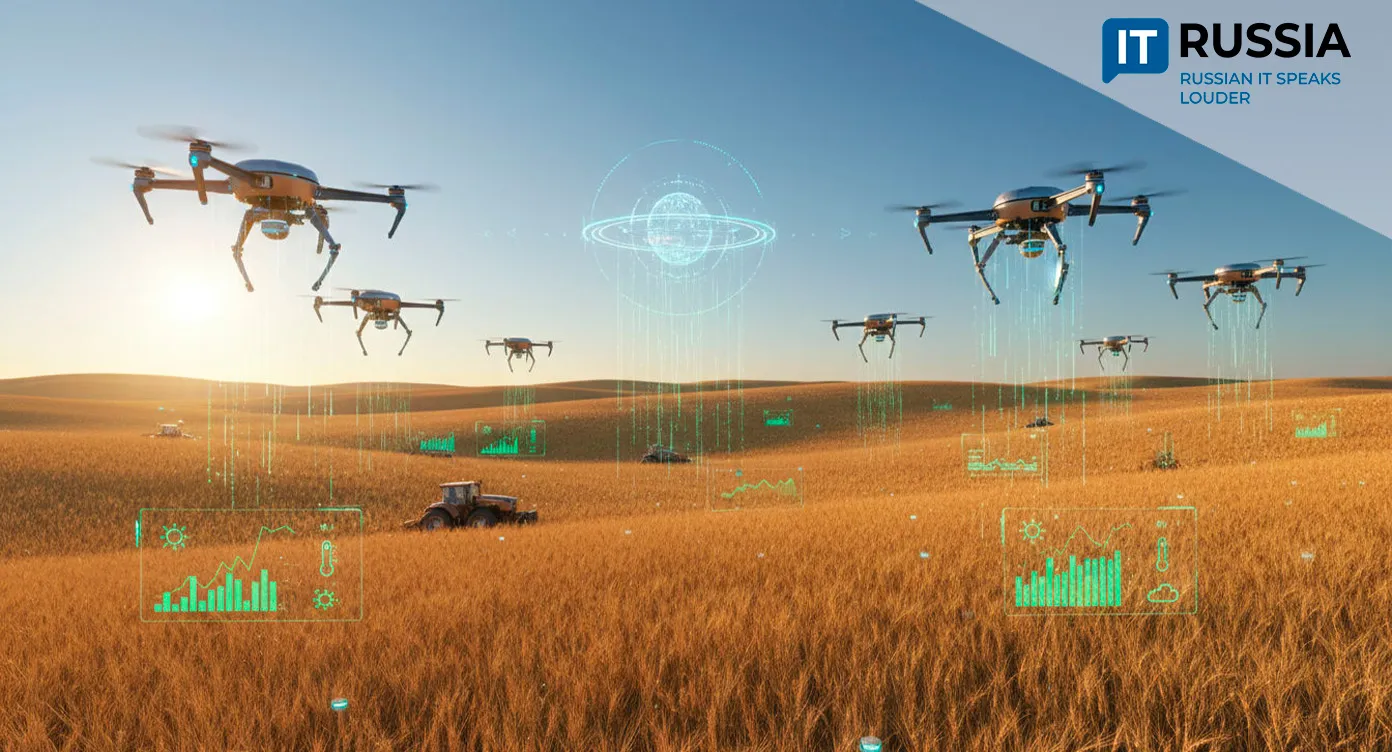Russia’s Voice Recognition Breakthrough Could Redefine Smart Assistants
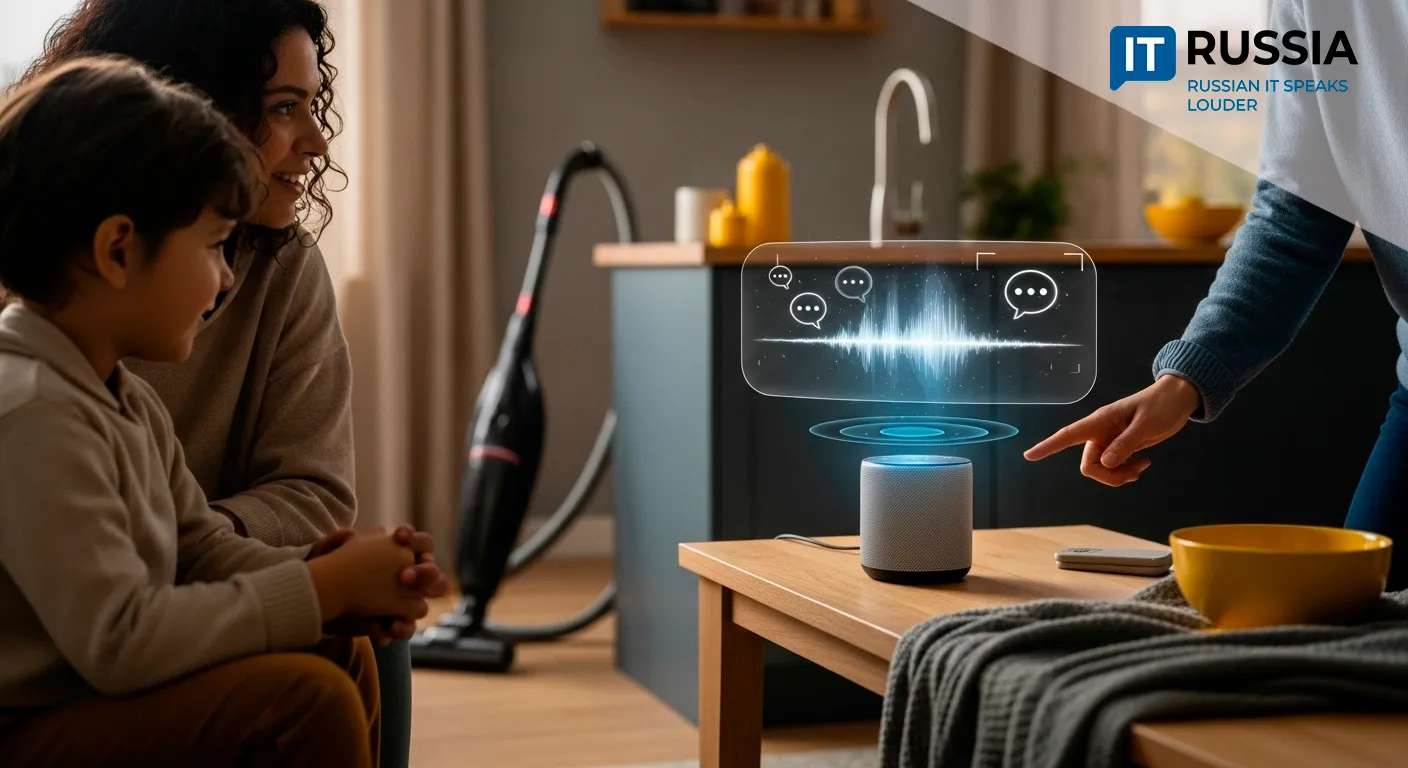
A new voice recognition algorithm developed by Yandex and Russian researchers pushes speech interface performance to a new level — even when your vacuum cleaner is on full blast.
High Accuracy in Real-World Chaos
In early 2025, Yandex and independent Russian AI developers unveiled a cutting-edge neural algorithm designed to recognize speech in noisy environments. Unlike conventional systems that rely heavily on noise pre-filtering, this new solution processes audio holistically — incorporating attention-based mechanisms that track temporal and spatial sound dependencies. The result? Over 95% recognition accuracy even when competing with running water, blaring music, or household appliances.
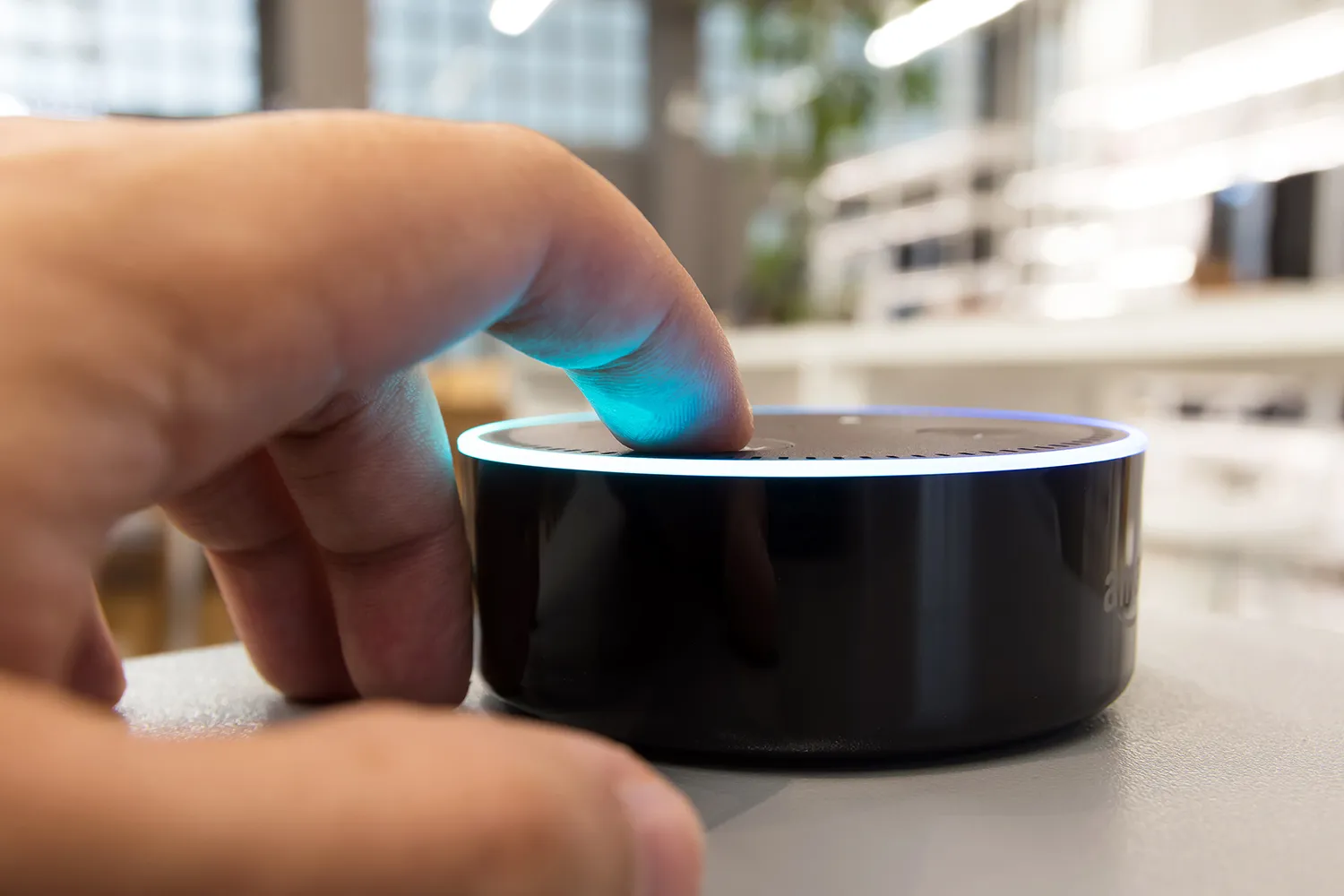
The architecture captures not just words,
but tone and intent, making it a leap forward in natural speech understanding.
And it's not stuck in a lab: Yandex has already integrated the technology into
its smart speakers and TV stations.
From Prototype to Living Room
Users are noticing the difference. 'Alice,' Yandex’s voice assistant, now responds more reliably in noisy kitchens, during vacuuming, or even while a movie plays in the background. For millions of users, especially families, elderly individuals, and people with disabilities, this means moving from an unreliable tool to a dependable daily assistant.
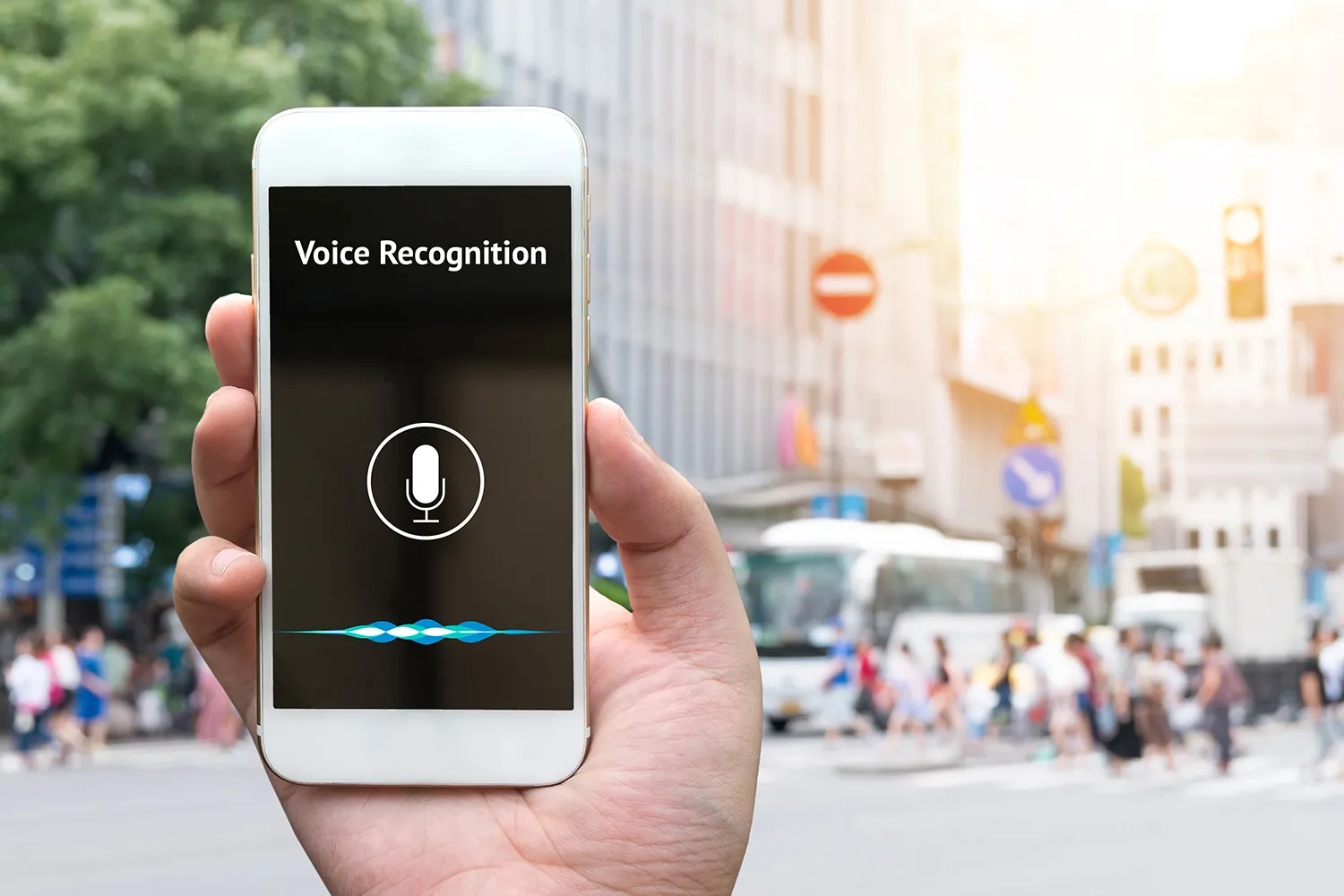
This isn’t just a technical upgrade — it’s
a quality-of-life improvement. Fewer repeated commands, fewer misfires, and
less user frustration make voice interaction a true asset in the smart home.
Russian AI on the Global Stage
The release signals maturity in Russia’s AI ecosystem. In a time of restricted access to global tech and rising sanctions, Russian engineers are not just catching up — they’re leading innovation. The algorithm has been open-sourced, showing a commitment to scientific transparency and encouraging global collaboration.
The system is also ready for licensing and
export — a promising opportunity for smart home and automotive tech sectors
worldwide. With global demand rising, robust voice recognition in noisy
environments is becoming a must-have feature.
Toward a Global Standard
Analysts predict that by 2027, more than 80% of household devices will support voice control. In this context, resilience to ambient noise is a competitive edge. The Russian algorithm’s nuanced approach — leveraging contextual awareness rather than simple noise cancellation — could shape the next industry standard.
Applications go beyond the home: telecom, video conferencing, and wearables could all benefit from this level of clarity and comprehension.

Five Years of Rapid Progress
The past half-decade has been pivotal in voice tech development:
2021 – Yandex introduced deep learning to improve command recognition in noisy settings.
2022 – Sber launched its assistant ‘Salute’ with better noise resistance.
2023 – Google rolled out MultistyleSurnameNet for multimodal noise shielding.
2024 – Huawei deployed advanced algorithms in its Mate smartphones.
Now, with its 2025 innovation, Yandex isn’t just keeping pace — it’s setting the tone. The new algorithm is not an incremental upgrade; it’s a generational leap that underscores Russia’s relevance in the global AI race.
The Voice of the Future Speaks Russian
This milestone in speech technology is more than a tech demo — it’s a declaration of Russia’s ability to build globally competitive, open-access AI. By publishing their architecture, the researchers are advancing the field and inviting international developers to innovate collaboratively.


